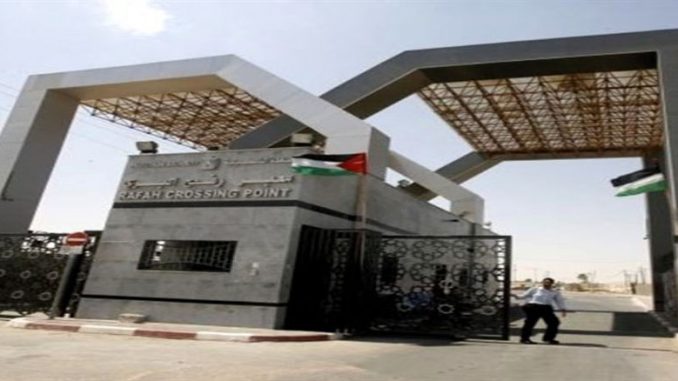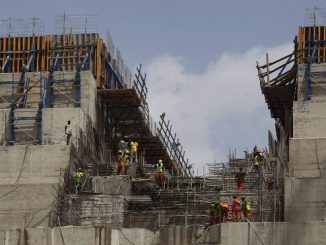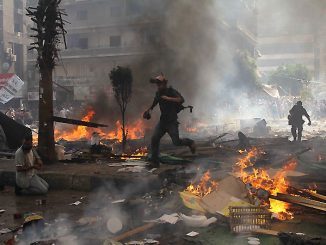
Egyptian authorities opened the Rafah crossing between Egypt and the besieged Gaza Strip on Saturday in one direction to allow those stuck on the Egyptian side to return to Gaza.
The Gaza Ministry of Interior said that the Egyptian authorities had informed them of the Rafah crossing being opened on Saturday to permit the return of Palestinian to Gaza.
On Thursday, Egyptian authorities had opened the Rafah crossing to allow Palestinian in Egypt to cross over into Gaza.
Egypt had also opened the crossing for three days in both directions last week, allowing 1,527 Palestinian to leave the besieged coastal enclave and 924 to enter Gaza, while 113 were prevented from traveling for unspecified reasons.Egypt has upheld an Israeli military blockade on the Gaza Strip since the ousting of former President Muhammad Morsi in 2013 and the rise to power of al-Sisi in Egypt.
While the Egyptian border has remained the main lifeline for Gazans to the outside world, Egyptian authorities have slowly sealed off movement through the border since Morsi was toppled by the Egyptian army.
Due to the constraints on Palestinian movement through the crossing, many Gazans are commonly barred from leaving or entering the besieged coastal enclave, some for months at a time, as the crossing is only periodically opened by Egyptian authorities, stranding Palestinians on both sides of the crossing during closures.
According to the United Nations, during 2016, the crossing was partially opened for only 44 days. In 2015, the crossing had only been open for 21 days.
The decade-long Israeli blockade has plunged the Gaza Strip’s two million Palestinians into extreme poverty and some of the highest unemployment rates in the world.
Gaza’s infrastructure has yet to recover from the devastation of three Israeli offensives over the past six years. The slow and sometimes stagnant reconstruction of the besieged coastal enclave has only been worsened by the blockade, leading the UN to warn that Gaza could be “uninhabitable” by 2020.



